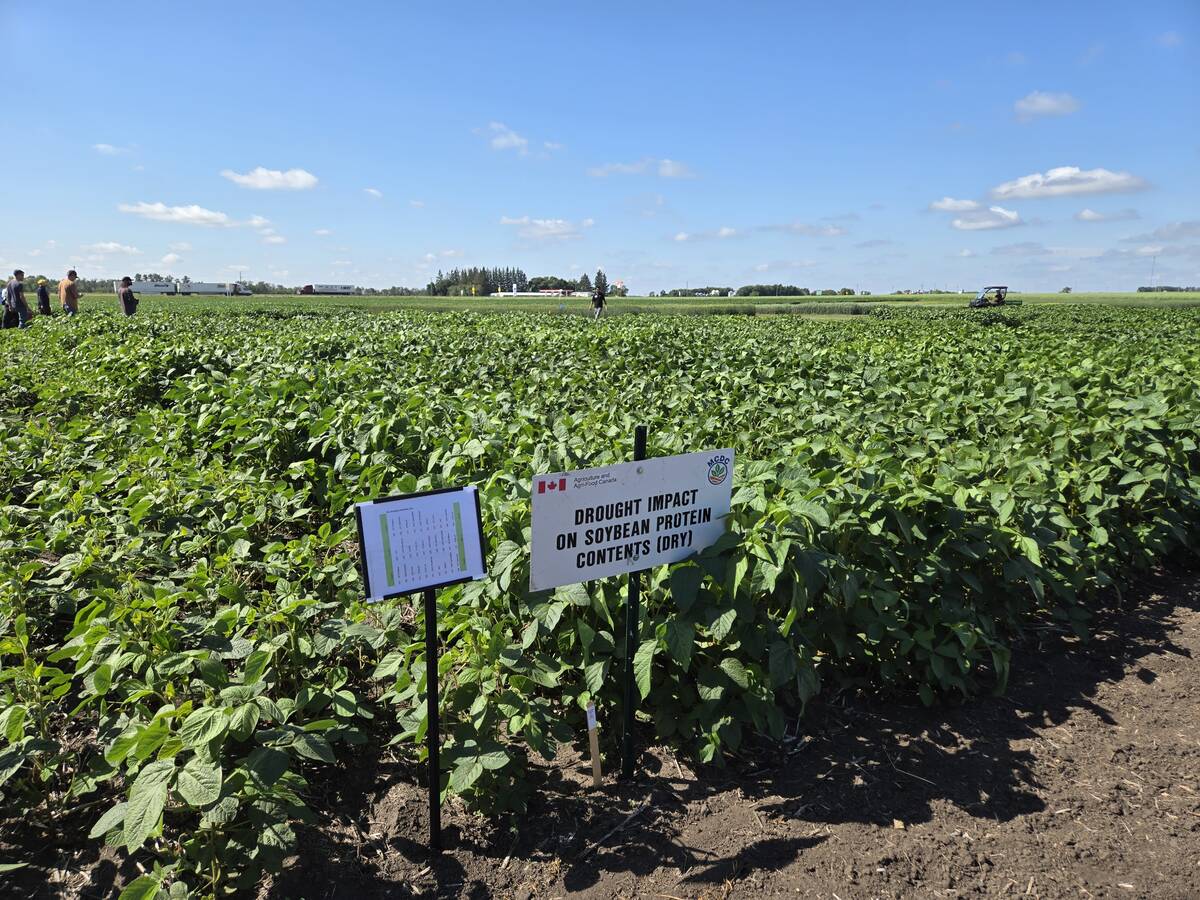Two United Nations agencies have started a four-year study into genetically modified foods and at least one Canadian farm leader fears it could “muddy the waters” of international rules for trade in GMOs.
Last week, the Codex Alimentarius Commission Task Force on Foods Derived from Biotechnology began hearings in Japan.
It is sponsored by the UN World Health Organization and the Food and Agriculture Organization and has been given a broad mandate to develop “standards, guidelines or recommendations” for GMO foods based on science, risk analysis “and having regard, where appropriate, to other legitimate factors relevant to the health of consumers and the promotion of fair trade practices.”
Read Also

Carberry field day looks for agriculture solutions
Manitoba farmers explored research solutions for resilient crops, perpetual agronomic issues and new kinds of agricultural products at a field day at the Manitoba Crop Diversification Centre in Carberry on Aug. 6.
That mandate makes Canadian Federation of Agriculture president Bob Friesen nervous.
He said the issue of genetically modified food is largely a trade issue and should be dealt with by the World Trade Organization.
“I’m afraid that dealing with this in other forums has the potential to muddy the waters,” Friesen said. “Ultimately, I think this is an issue of trade rules in these products and I think it should be dealt with at the WTO.”
The FAO said in a statement last week that biotechnology is a “powerful tool for the sustainable development of agriculture” but it also noted the controversy around the issue and appealed for “caution” in approving biotech products.
It said there are dangers of transferring toxins from one life form to another, undermining biodiversity or creating unexpected allergic reactions.
“The possible effects on biodiversity, the environment and food safety need to be evaluated and the extent to which the benefits of the product or process outweigh its risks assessed,” said an FAO statement.
Friesen worried that the international study could create rules that allow countries to set controls on imports of GM products based more on political and consumer fears than on scientifically based health concerns.
The Codex Alimentarius study is not expected to be completed until 2004. It includes representatives of consumers, governments and industry from around the world.














